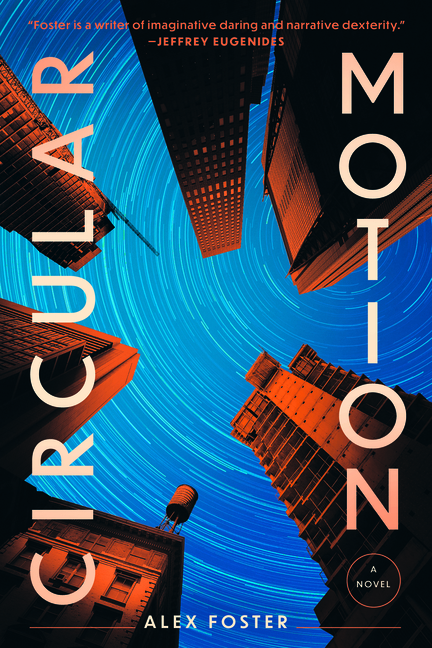What ultimately recommends Foster’s novel are its most terrestrial elements—the characters ... Tanner and Miguel’s romance is rendered much more delicately and humanely than many near-future dystopian novels might have handled it. Such care in characterization keeps Circular Motion grounded, so that its more daring narrative leaps have something anchoring them and don’t fly off into the sky ... Lived-in and tenderly wrought ... Foster has a knack for delicately balancing the emotional stakes for these deeply drawn characters with the dispensing, at a breakneck pace, of a great deal of information, exposition and global developments ... All developments are skillfully constructed, evolve organically from where they start and grow more interesting than those starting points ... Foster doesn’t rest on his fun and original ideas; he nurtures them, cultivates them with thoughtful challenges and unexpected turns, until out of them emerge new ideas, complicated and earned ... A writer capable of two things often misconstrued as counter to each other: deep, rich characters and elaborate, challenging ideas. The people give credence to the imaginative story, and the story creates stakes for the people.
Read Full Review >>

